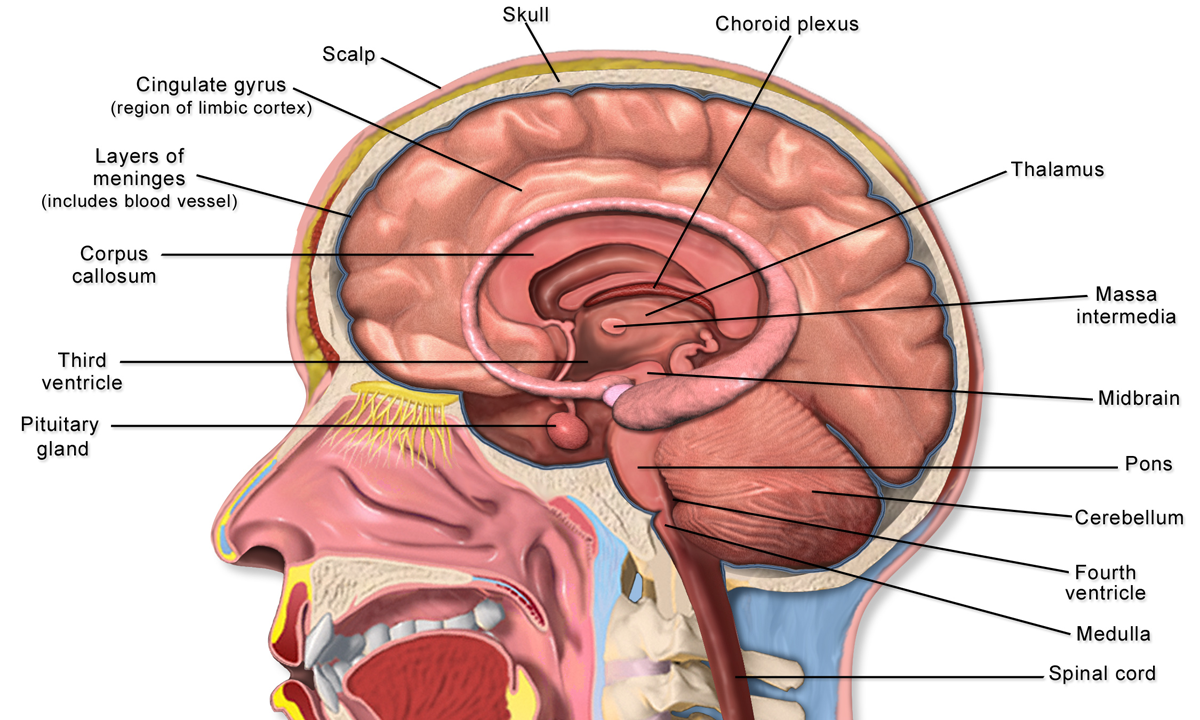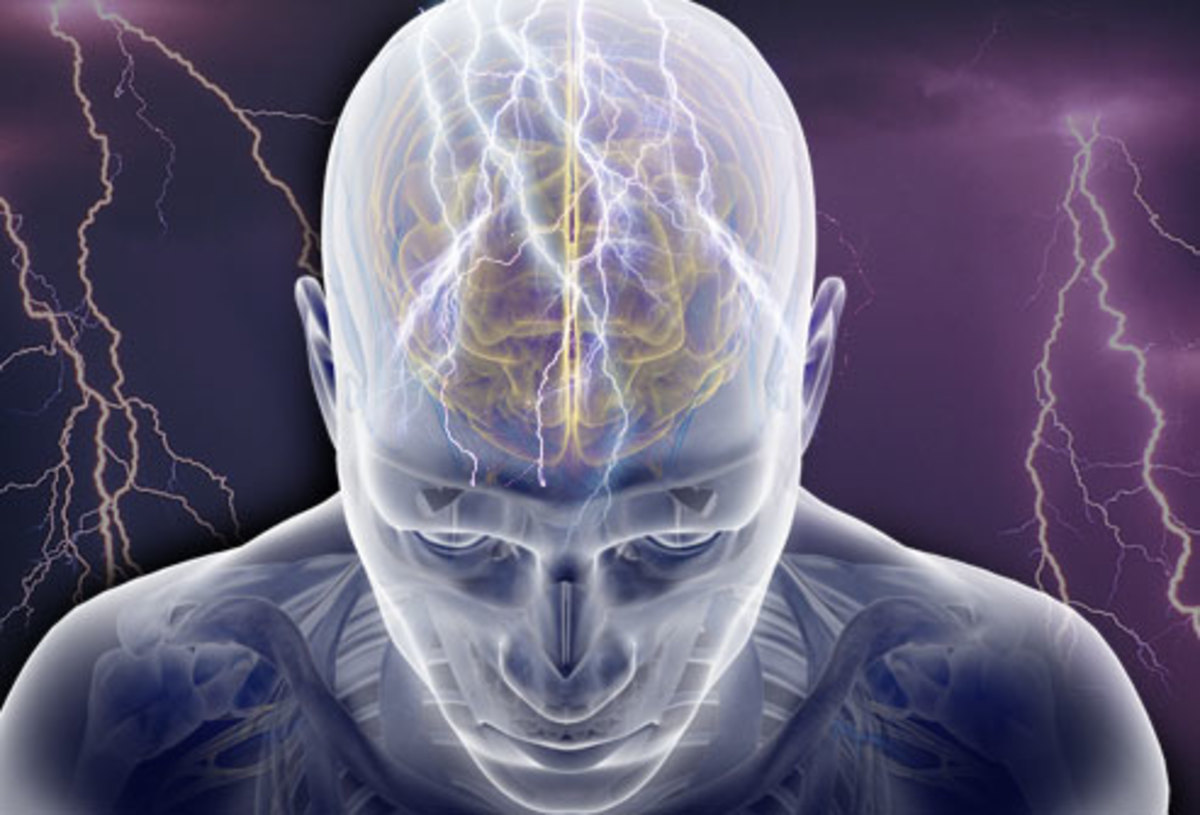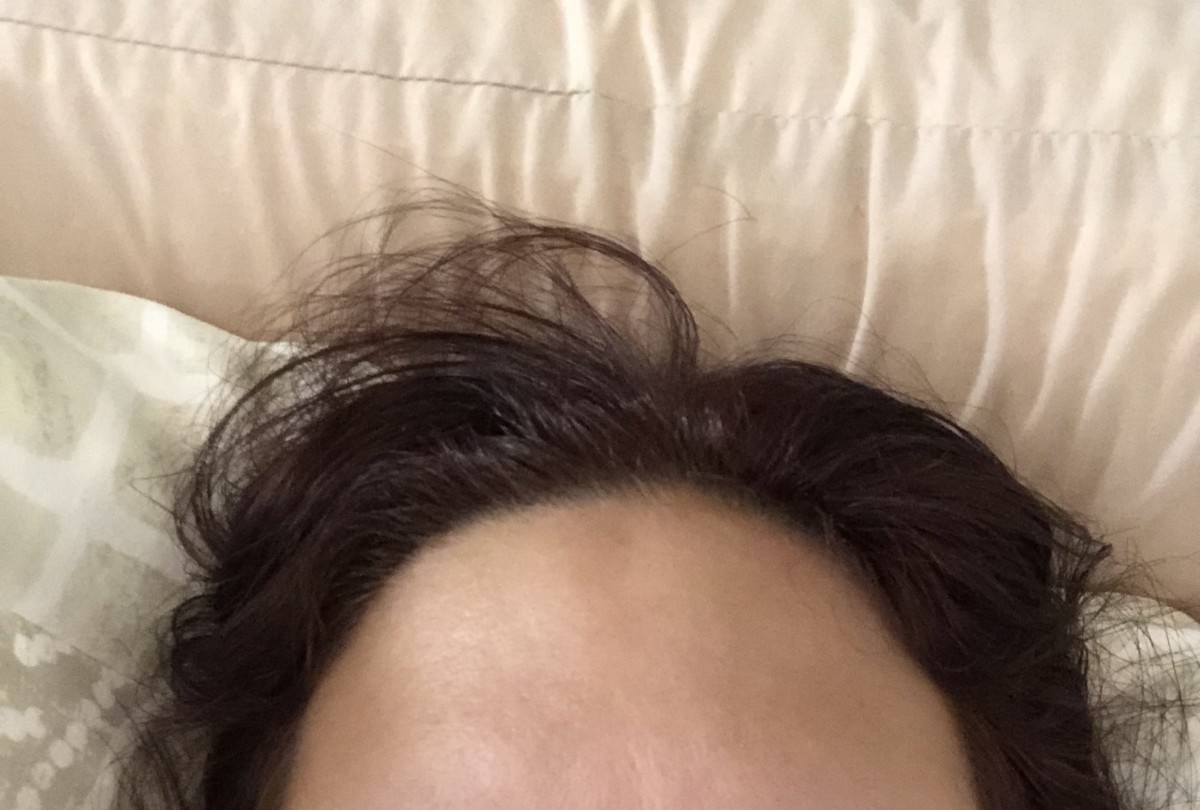Ketogenic Diet for Epilepsy
Introduction
Being an epilepsy patient myself I have often wondered over the years if all of the different medications I have taken have even been close to successful in treating my seizures. They have come and gone at intervals and doctors have gone back and forth in diagnosis and treatment inconsistently, making me very distrusting of the medical field as a whole. I have had seizures for almost 20 years now and it seems that no two doctors have diagnosed them the same and have very rarely kept me on the same medication for very long. One time a friend of mine mentioned trying the ketogenic diet as at least a supplement to my medication because she had heard of it tried for one of her friend’s children. So, I thought I would look into it and see what it was all about.
Ketogenic and Modified Ketogenic

Ketogenic Diet Overall Details
So, I did a little research to see if this could be an option for me or anyone else, or if there might be other dieting options to help supplement my seizure treatment plan. From what I was able to find on the overall details of the ketogenic diet it is likely not an option for me and is generally intended only for specific pediatric epilepsy patients who have not responded well to prescription treatment first. Since it is a diet very high in fat intended to help the brain release plenty of ketones which will help prevent seizures there is a reason it is only intended for children. It is intended only for children who can be checked into the hospital to be watched under the care of a doctor and dietician for at least the first four days of the diet.
The details of the diet are very specific and must be followed down to the very last detail or the treatment could be lost. Meals can take a very long time to cook as well, making it difficult to maintain for those of us on busy schedules with work and family activities. Since the foods eaten on the ketogenic diet are based solely on natural saturated fats and so low in protein and carbohydrates, patients must take vitamin and mineral supplements due to the risks of so many side effects such as dehydration, diarrhea, vomiting and others. As I got this far and read on I thought, “I think I will leave this one for the kids.”
Adult Diet Options Alternative to the Ketogenic Diet
There is something called the modified Atkins diet mentioned in some locations and appears to be offered at the Johns Hopkins Clinic for certain adult epilepsy patients. Not many details of the diet or its menus seem to be offered to the public since the general dysfunctions of epilepsy are similar between children and adults. Basically, the levels of density in the diet still include the highest percentages of fat, then adequate protein, and little to no carbohydrates. I believe the Atkins diet can be modified similar to that of the ketogenic diet that is offered to pediatric patients, but certain caloric, protein and carbohydrate intakes must be different for bodily functions that help manage electro activity of the brain. However, due to the previously mentioned possible risks and side effects of ketosis needed for the diets to work I still worry about the potential of going on one of these diets.
Modified Atkins Diet Available for Adult Epileptics

Conclusion
Even though the ketogenic diet has been around since its creation in the 1920s and has treated many children successfully I just don’t think it would be a proper option for me at this point. I don’t know that my body could handle taking in that much fat at each meal and the potential side effects that I kept reading were not pleasant to think about. I know that there are plenty of drugs out there for me to keep trying and I think I will just keep trying to make a go of it and see what happens. Someday there will have to be something that works properly for me. Hopefully all of you other epilepsy patients have found your proper cures as well!
References for Further Reading
- Epilepsy Treatment: Ketogenic Diet vs Drugs
The ketogenic diet is a safe and extremely effective epilepsy treatment. So why do doctors choose toxic drugs first? - Ketogenic Diet | Epilepsy Foundation
- The Ketogenic Diet Center | The Johns Hopkins Epilepsy Center
The high fat, low carbohydrate ketogenic diet has been managed through the Pediatric Epilepsy team at Johns Hopkins since its beginnings in the 1920s.








